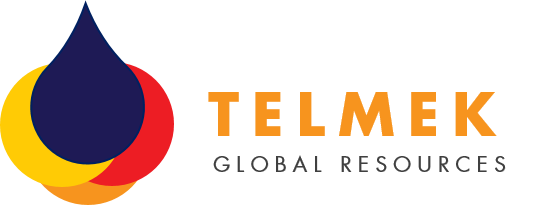NNPC’s plan for oil producers to cut Capex, output key

This content has been archived. It may no longer be relevant
THE petroleum industry is facing tough times with the plunge in prices of between 60 per cent and 70 per cent, OANDO Energy Resources (OER) Chief Operating Officer, Dr. Alex Irune, has said.
On how the plunge has affected Nigeria’s independents, Irune stated that his company took a pragmatic approach to hedge some of its barrels ahead of this time, like other independent producers, but with oil price at $20 or $25, the barrels not hedged are potentially 60 to 70 per cent of their production and that’s sub-economic.
“So that gives you an idea of where we are from a bottom-line perspective. We’ve taken the right steps, we believe, encouraged by the government to take those huge decisions. The cuts have come in on the capital expenditure (capex) and on the operating expenditure (opex) sides.
We are looking aggressively at bringing those budgets down. We all had commitments at the start of the year, but the world has changed,” he said.
The reality, he noted, is that there are some casualties along the way but that what we must do is stay optimistic. “I know for most oil producers, there are costs that as independents, we have very little control over; so, if I break down that operating cost for you, there is a 20 to 40 per cent that sits out of our control in terminalling fees, transportation fees for crude, we have very little control over that.
As independents, our human resource, our payroll, operations largely is where we look to make those cuts and of course the capital side,” he added.
On whether these measures are enough, Irune said the question is the price of oil. “We’re seeing an uptick in the price, we are seeing the decision by the Organisation of Petroleum Exporting Countries (OPEC) to cut 10 million barrels come in to realise the intention of the organisation.
They’ve taken that huge step. But, more importantly, the government is stepping in to ensure that independents, like ourselves, are engaged in conversations to ensure that process of survival, which is indeed a process for us, unknown as well, is managed jointly, to see that it takes the least amount of time to see a recovery.’’
On the upstream oil industry coalition’s $35 million intervention, the oil firms’short-to-medium term survival, the challenges being presented by low oil prices and response to the pandemic, Irune said: “We’ve seen the most impressive, in my time as a professional, showing of the private sector, stepping forward and just taking on the challenge of the COVID-19 pandemic.
The industry at large, Russia and Saudi Arabia accelerated potentially what could have been a more manageable situation at this point, but we are where we are.
We’ve made the sacrifices and taken the decisions, but what we’ve seen is the likes of the National Oil Company leading us as partners, putting in about $35 million and more into that basket.
We’ve seen a larger group of banks and other institutions come in, and for us the key is this: the effective spend and distribution of those funds through the palliative measures we have all set out to push to the most needy and the most vulnerable, because that’s really what this is about.
“COVID-19 will come and we will deal with those issues, but there will be casualties after we’ve dealt with the pandemic and a lasting solution – our company for one has taken a step to create an aggregator platform to combine donors and last mile solutions so NGOs and boots on the ground.
‘’We are encouraging people to come in and donate so we can disperse this money and get it to those that really need it. It’s been an amazing showing by the private sector. Dare I say, they have made the difference.”
Irune also highlighted the importance of some major projects that would be part of the game changers when the war against this pandemic was won.
He said the government was looking forward to accelerating some of the key industry enabling projects, such as the Escravos, Obiafu-Obrikom-Oben (OB3) and AKK pipelines.
‘’The NNPC is focused on getting these projects to a stage where when all these problems are over, we, as a country, are not only ready to be more efficient when it comes to oil and gas exploration and utilisation, but also with domestic capacity increases and we’re able to have more barrels to export, he

Leave a Reply
You must be logged in to post a comment.